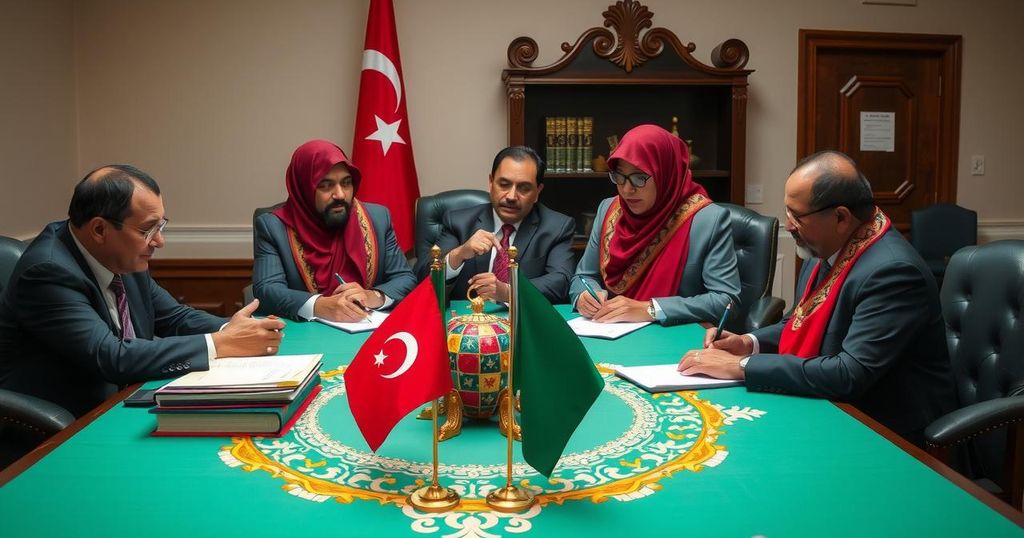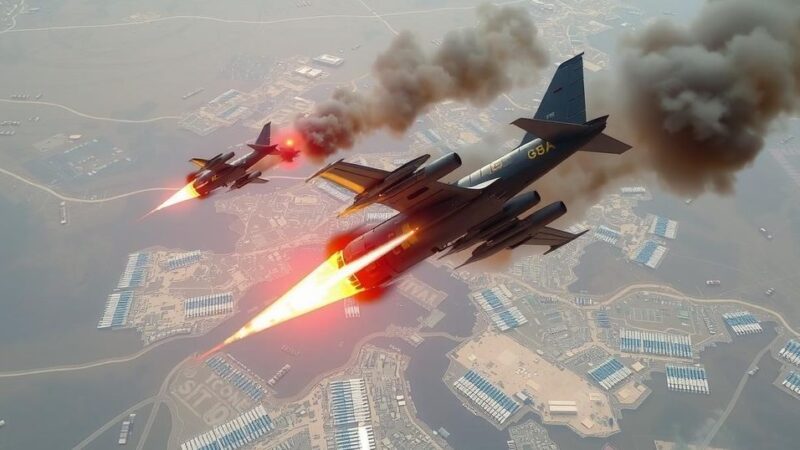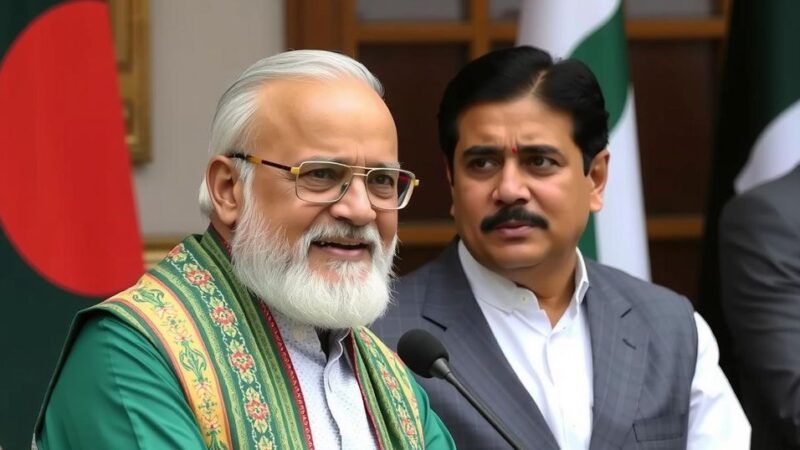Libyan representatives convened in Morocco to address electoral disputes as part of efforts to unify the country and conduct elections. Moroccan Foreign Minister Nasser Bourita emphasized the need for international support and internal solutions to Libya’s political challenges. The meeting aligns with United Nations initiatives to form a consensus-based government and resolve ongoing turmoil since the Gaddafi era.
On Wednesday, representatives from Libya’s Parliament and the High Council of State convened in Bouznika, Morocco, to address electoral disputes that have hindered political stability in the nation. The meeting, as emphasized by Moroccan Foreign Minister Nasser Bourita, seeks to pave the way for elections that could ultimately resolve the dual governance of Libya. He further underscored the necessity for international support to aid in establishing a national unity government, advocating that solutions to Libya’s challenges must be internally driven.
This round of consultations marks the latest in a series of discussions held in Morocco aimed at reconciling the divided Libyan factions. Additionally, the United Nations Support Mission in Libya (UNSMIL) has announced the establishment of a technical committee composed of Libyan experts tasked with outlining crucial milestones and priorities for a consensus government. These initiatives strive to resolve the ongoing political crisis and are part of broader efforts to facilitate elections that could conclude Libya’s long-standing power struggle.
Since the fall of Muammar Gaddafi in 2011, Libya has faced persistent turmoil, characterized by a fragmentation of power and ongoing conflicts between rival factions. The country is essentially divided into two political entities: the internationally recognized Government of National Accord (GNA) situated in Tripoli, and the forces led by military commander Khalifa Haftar based in Benghazi. The discord has resulted in a complex political landscape requiring concerted dialogue and collaborative efforts to unify the governance structures of Libya and restore stability. Morocco has emerged as a key mediator in this dialogue, hosting multiple rounds of negotiations aimed at re-establishing a functional governmental structure in Libya.
The consultative meeting in Morocco represents a pivotal step towards resolving Libya’s electoral disputes and ending the ongoing power struggle that has engulfed the nation since 2011. With the support of international actors and a focus on domestic solutions, there is potential for significant progress towards establishing a unified government and conducting elections, which remain essential for Libya’s stability and future development.
Original Source: www.aa.com.tr







